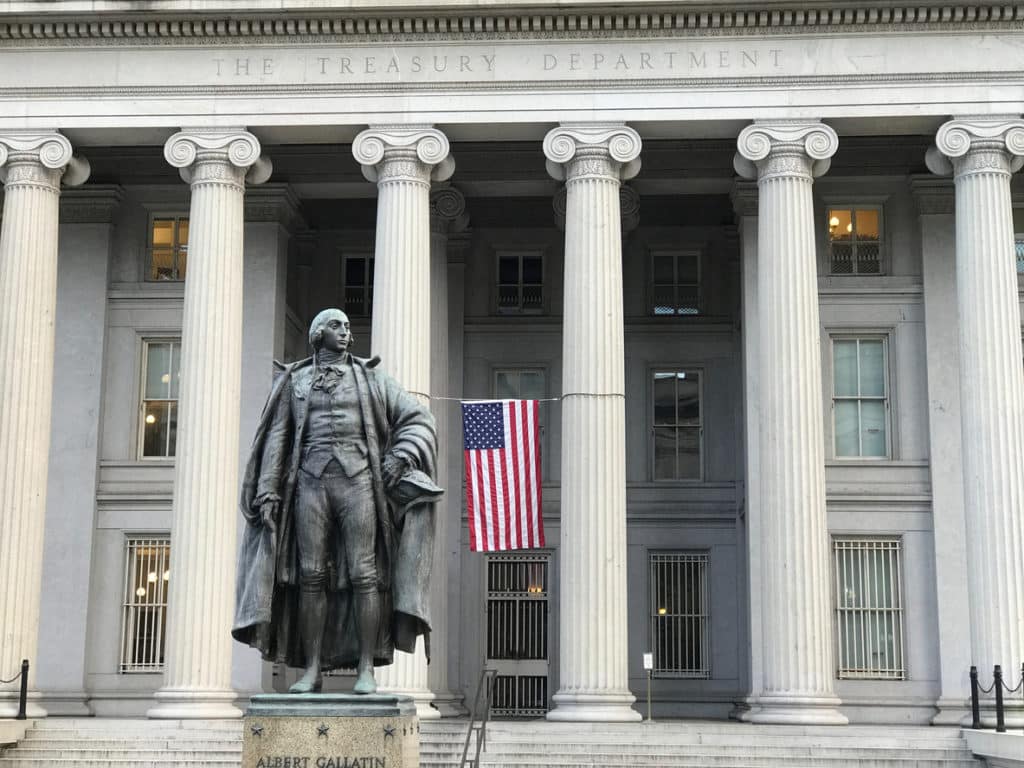The Financial Crimes Enforcement Network (FinCEN) released their latest “anti-money laundering and countering the financing of financial terrorism national priorities” last week, signaling the network’s focus in the near term.
FinCEN’s June 30 press release listed the top network priorities as:
- Corruption;
- Cybercrime, including relevant cybersecurity and virtual currency considerations;
- Foreign and domestic terrorist financing;
- Fraud;
- Transnational criminal organization activity;
- Drug trafficking organization activity;
- Human trafficking and human smuggling; and
- Proliferation financing
In order to determine the list of priorities, which were not listed by rank, FinCEN consulted with the U.S. Department of Treasury’s Offices of Terrorist Financing and Financial Crimes, Foreign Assets Control, and Intelligence and Analysis, along with the Attorney General, Federal functional regulators, state financial regulators and other law enforcement and security agencies.
According to the FinCEN press release, the network will issue regulations in the future which will specify how financial institutions can integrate these priorities into their AML programs. It should be noted that the release of the priorities does not create any immediate change for financial institutions under the Bank Secrecy Act. Financial Institutions need not implement the AML/ CFT priorities into their compliance programs until the effective date of the Treasury final revised regulations.
The release of these priorities indicates a shifting threat landscape, with cybercrime coming into focus as technologies advance and the use of cryptocurrency to perpetrate fraud inevitably becomes more pervasive. It will also help financial institutions begin to shift their own internal priorities and begin the process of accommodating these focus areas that will eventually need to be woven into their compliance programs.
“Treasury is particularly concerned about cyber-enabled financial crime, ransomware attacks, and the misuse of virtual assets that exploits and undermines their innovative potential, including through laundering of illicit proceeds,” the news release said.
Regarding the priorities, which include crimes that generate illicit proceeds that can be laundered through the financial system, FinCEN stated that corruption “reduces global gross domestic product by between 2 and 5 percent” and “rots democracy from the inside.”
FinCEN updates the priorities at least once every four years, and are a part of the enforcement network’s larger efforts related to the Anti-Money Laundering Act of 2020.
These priorities are especially timely regarding virtual assets or cryptocurrencies, with the recently published Financial Action Task Force Report (FATF) second 12-month review of the revised FATF Standards on virtual assets and their service providers. As the virtual asset sector increasingly becomes fast-moving and technologically dynamic, FinCEN continued monitoring and engagement with the public and private sectors will be necessary.
More information on the FinCEN priorities can be found here and here.
